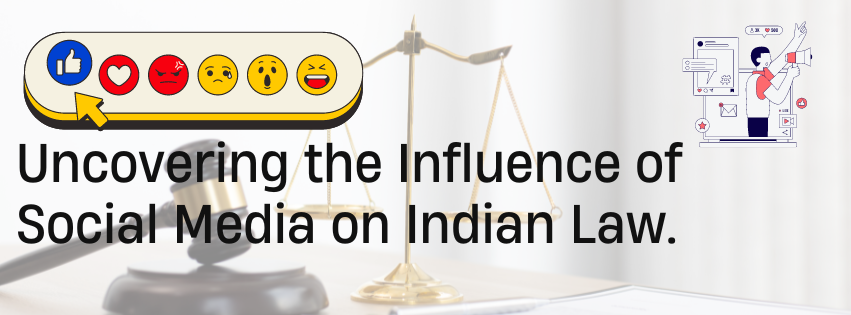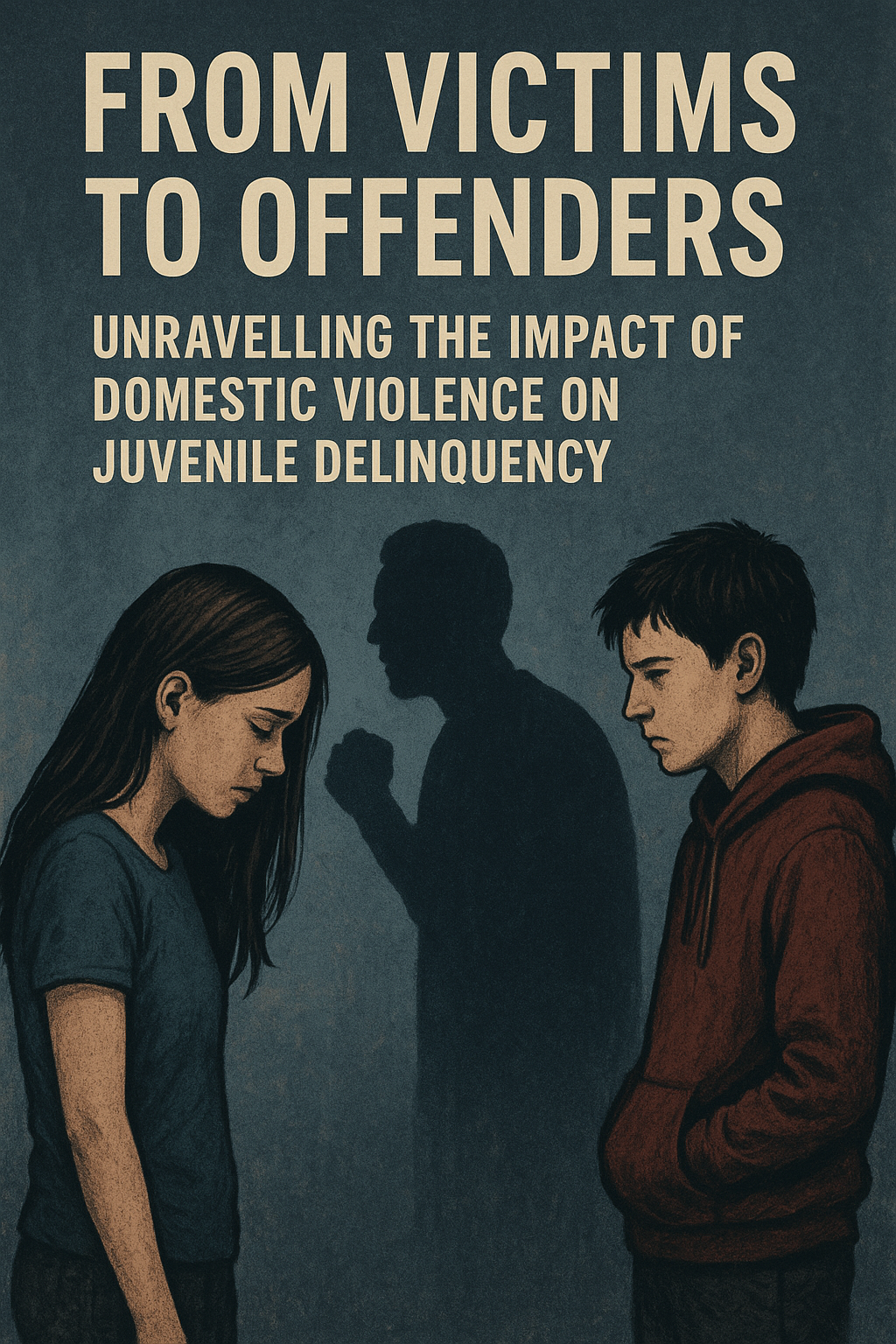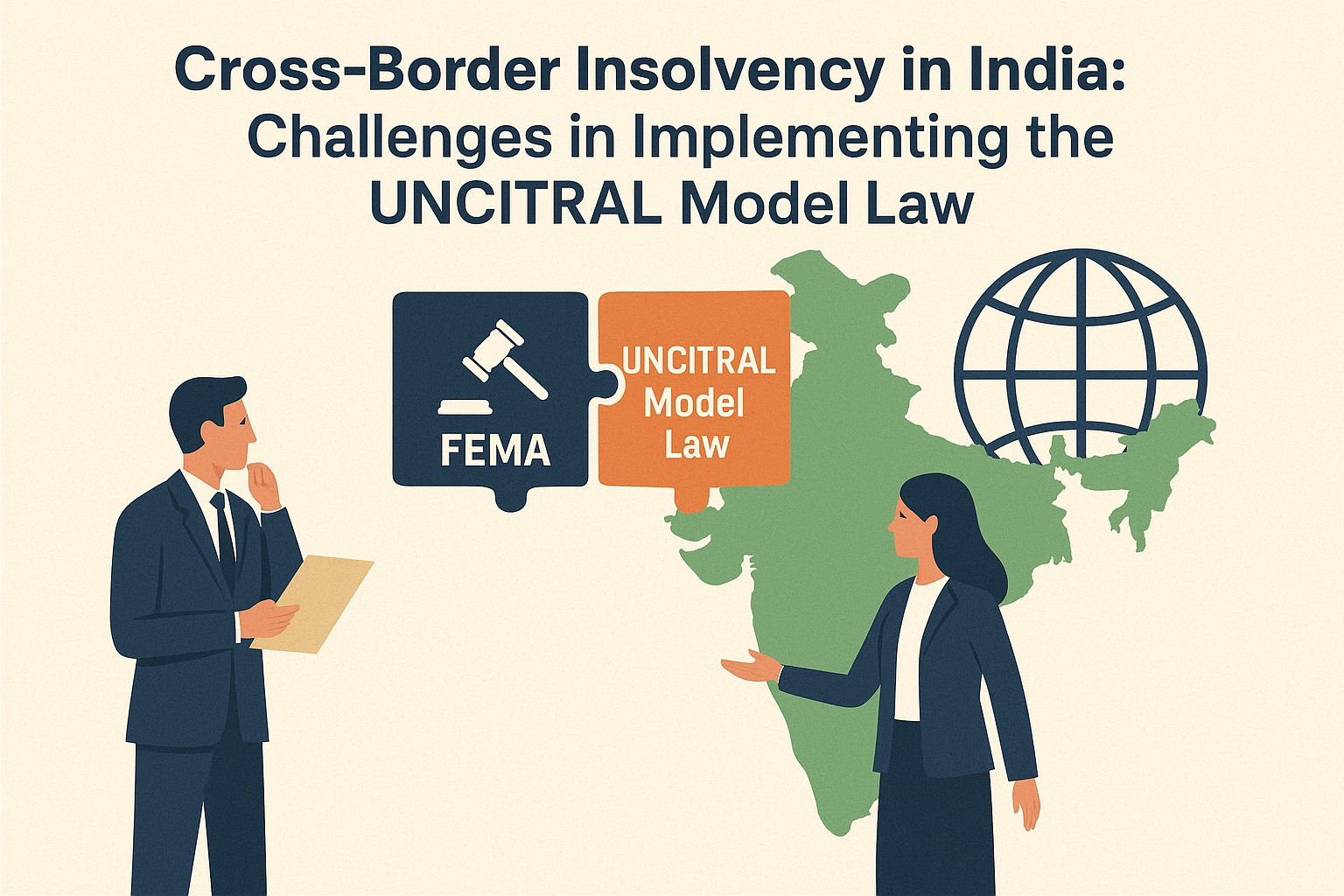
Introduction –
Social media has completely changed how we interact with one another, communicate, and even conduct business. Users can instantly share their thoughts, experiences, and original content with a worldwide audience through social media sites like Facebook, Instagram, TikTok, and Twitter.
Teenagers today use social media almost exclusively, and the amount of time they spend on these platforms is startling. According to a study, teens between the ages of 13 and 18 spend an average of nine hours a day on social media, while tweens between the ages of 8 and 12 spend almost six hours a day on it. Even though these platforms have many advantages, their widespread use also carries several serious legal risks, such as the possibility of privacy violations, defamation, cyberbullying, copyright infringement, and the spread of false information, which, depending on the content shared, may have real-world repercussions.
We’ll examine the legal hazards of social media in this blog, providing information on privacy protection, content ownership, and defamation legislation. Users can navigate the digital world more safely and make wise judgments when using social media platforms if they are aware of these concerns.
Defamation on social media –
Defamation refers to the act of making false statements about someone that damages their reputation. It is based on false information circulated to harm a person’s reputation, decrease their respect, or induce negative feelings against them. In accordance with Indian Law, defamation is published under the civil and criminal law.
Online defamation is also referred to as cyber defamation which is when someone is falsely accused of something online. Social media has become a hotbed for defamation cases, as people frequently post comments, memes, and even videos that could harm someone’s character. The viral nature of social media means that once defamatory content is posted, it can spread quickly and reach a global audience, making the damage even more severe. Many people have realized how easy it is for people to express their opinions on the internet. There are a lot of intriguing sites on the net where people intentionally or unintentionally publish or leave comments that could be constructed as defamatory. For instance, public comments on media websites such as comments on Facebook, and Instagram, posts, newspaper letters to the editor, and remarks on WhatsApp chat groups. Although some websites screen comments for obscene or unlawful content, the screening is not intended to hunt for offensive material in every comment, which is why many defamatory statements make it via the internet.
Defamation Laws in Social Media, India:
The term ‘defamation’ has both explanations and exceptions attached to its definition when seen through the lenses of Indian laws. The prime reason for knowing the laws governing the statutorily recognized offence of defamation is to protect one’s dignity, as has been guaranteed by Article 21 of the Indian Constitution. With changing times, defamation has been a misused offence in the hands of many, thereby causing a rise in debate on it with respect to the limitation on free speech.
For instance, the case of Saket Gokhale v. Lakshmi Puri (2024) revolved around defamation on social media. Saket Gokhale, an activist, was accused of defaming Lakshmi Puri, a former UN official, through defamatory statements posted online. The Delhi High Court found Gokhale guilty of making false, harmful statements with the intent of damaging Puri’s reputation. The key judgment focused on “social media reach,” emphasizing the severe impact of defamatory content online. The court ordered Gokhale to pay ₹50 lakh in damages, underlining the importance of “malicious intent” and the “right to reputation” in the digital age.
Practical Tips to Avoid Defamation
-
- Check the facts: Before posting about someone or something, make sure you verify the information to avoid spreading false claims. Everyone is entitled to their opinions, but it’s critical to distinguish between opinion and fact. If you believe a politician lied about their campaign finances, for example, but it’s not been proven, it’s best to precede any verbal or written statements about that belief with the words “in my opinion.” It’s better yet to keep potentially defamatory thoughts to yourself.
- Avoid personal attacks: Refrain from making accusations, insults, or personal attacks that could be seen as defamatory. Even if you think the latest celebrity mistress is a home wrecker, name-calling can constitute character assassination. They may believe their paramour truly was separated at the time of the affair, in which case the home was already wrecked, and your statement is false.
- Understand your platform’s rules: Familiarize yourself with the rules of the social media platforms you use, as many now include provisions for handling defamation and other harmful content.6 Understanding defamation laws and taking preventive measures help social media users avoid spreading false information, protecting their reputation and preventing costly legal issues from damaging their personal or professional life.
Privacy Risks on Social Media
Privacy is one of the biggest concerns when it comes to social media use. Every time a user posts something on social media, they are sharing data whether it’s personal information, photos, location, or contact details. With the large amount of data on user social media accounts, scammers can find enough information to spy on users, steal identities and attempt scams. Unfortunately, this data can be used without the user’s consent, leading to violations of privacy.
Privacy Laws and Social Media
To safeguard user privacy, regulations like the General Data Protection Regulation (GDPR) in Europe have been implemented in recent years. People now have the right to govern their personal data according to the GDPR, which went into effect in 2018. It offers people the ability to ask for access to their data or even have it destroyed, and it means that businesses are open and honest about how they gather and use it.
Laws like the DPDPA have also been introduced in India. Regardless of where the data was first acquired, personal data processed in India is protected by the India Digital Personal Data Protection Act 2023 (DPDPA). Even if the data is handled outside of India, the Act nonetheless governs the handling of Indian citizens’ personal information.
The DPDPA defines personal data as “any data that relates to a natural person who can be identified, directly or indirectly, in particular by reference to an identifier such as a name, an identification number, location data, or an online identifier.” 8.
Even though these rules provide more safety, consumers frequently find it difficult to completely comprehend what happens to their data on social networking networks. By merely accepting the terms of service without carefully reading the fine print, users may unintentionally divulge important information.
Practical Tips to Protect Your Privacy
-
- Review privacy settings: Many social media sites include options on how to tailor your privacy settings to limit how data is collected or used. Adjust the privacy settings on each platform to control who can see your posts, personal details, and location.
- Be selective with information shared: Avoid sharing overly personal details such as your home address, phone number, or financial information. Most social media apps and websites will ask for access to your location data. If they don’t need that location to help you with your directions, then opt-out of location data.
- Understand terms of service: While getting a new app we tend to avoid the terms and conditions and always accept it without checking the terms. Always read the privacy policy and terms of service of social media platforms to understand how your data will be used9.
- It’s critical to keep up with data protection regulations and take preventative measures to safeguard personal data as privacy concerns grow. Use secure passwords, change privacy settings frequently, and use caution when disclosing important information online. To lower the risk of privacy breaches, be aware of your rights under laws like the GDPR and DPDPA and implement best practices like encryption and two-factor authentication.
Content Ownership on Social Media
You may believe that you are the sole owner of the stuff you share on social media. Nonetheless, most social networking sites have terms of service that give them the authority to assert specific rights to the material you post. This brings up significant legal issues regarding the ownership of the material you publish online and your ability to regulate how others use it.
Every website has its own terms and conditions with which the user must comply, without consenting with others who cannot access their services. Typically speaking, the public does not make attempts to read these terms and conditions and simply comply with them, thereby contributing to a bunch of problems. These terms and conditions are usually drafted in the legal language which makes it difficult for prudent background people to understand them. But it is said that one-sided efforts are
useless because those go in vain i.e. while efforts are made by website owners to make them easy to understand, people do not make any effort to read and understand them before they accept them.
The Issue of Ownership
Social media platforms like Facebook, Instagram, and Twitter have user agreements that allow them to license the content posted by users. And they are only allowed to display your content online because of licenses that you, the copyright holder, grant them. These licenses are slightly different from each other, but all of them grant the social media platform the right to use your copyrighted work in whatever way they see fit. For example, by uploading a photo or video to Instagram, you grant the platform the right to use, display, and distribute your content on its site. While this doesn’t mean the platform “owns” your content outright, it does give them extensive usage rights that could potentially conflict with your intellectual property rights.
One famous legal case regarding content ownership is Facebook v. Power Ventures (2010), where the company argued that its terms of service were being violated when a third-party company accessed Facebook user data without permission. This case helped clarify that social media platforms can set rules regarding how content is used and accessed on their platforms.
Intellectual Property and Copyright
When people post unique work, including images, videos, and written content, to social media, problems with copyright and intellectual property also surface in addition to content ownership. Frequently, the platforms’ agreements allow them to utilize the content however they see fit. This can become a problem when users believe their copyrighted work is being used without compensation.
Intellectual property law governs content uploaded to social media through copyright and trademark regulations. Copyright protects original works, including text, images, and videos, from unauthorized use, requiring user permission for reposting or modifications. The Berne Convention extends copyright protection to digital environments. Social media platforms often claim a non-exclusive license over user-generated content, but ownership remains with the creator unless explicitly transferred. Trademark laws prevent unauthorized use of brand names and logos, restricting misleading or commercial exploitation. Users must be cautious to avoid infringement, as laws vary by jurisdiction and platform policies.
Practical Tips for Content Ownership
-
- Understand terms of service: Every website has its own terms and conditions with which the user must comply, without consenting with others who cannot access their services. Always read the platform’s terms of service to know how your content may be used.
- Use watermarks or trademarks: As a creator, safeguard your intellectual property by adding watermarks or trademarks to your photos, videos, or digital content. This not only deters unauthorized use but also ensures proper attribution to your work. Consider using subtle yet identifiable watermarks that do not compromise the visual appeal of your content.
- Be cautious about sharing exclusive content: To retain full ownership and control over your work, carefully assess the platforms where you publish it. Some platforms may claim partial or full rights over uploaded content, potentially limiting your ability to monetize or protect it. opt for secure distribution methods, such as personal websites, licensing agreements, or platforms that respect creators’ rights.
By being informed and mindful of the platform rules, you can better protect your content from unauthorized use or infringement.
Challenges in Legal Compliance in Social Media
Social media’s worldwide reach is one of its drawbacks. A post created in one nation may be subject to legal repercussions in another, particularly if it involves defamation or invasions of privacy. Both social media platforms and the regulations governing them are always changing. The legal systems of other nations differ, and it could be challenging for companies or individuals doing business internationally to abide by all the applicable laws.
For highly regulated businesses, social media poses more difficult compliance issues. For example, multiple federal regulations require that companies capture and retain every post, tweet, check-in, like and poke related to business, whether made during work hours, after hours, outside the office or from an employee’s personal device.
The burden of keeping track of all such communications may be a contributing factor to recent statistics highlighting the failure to maintain business-communications records as one of the most prevalent violations of Security and Exchange Commission (SEC) regulations12.
Conclusion
Although social media provides an exciting platform for communication and self-expression, there are serious legal hazards associated with it as well. Issues with content ownership, privacy infringement, and defamation are just a few of the difficulties consumers encounter online. Social media users can lessen their exposure to legal problems by being aware of these hazards and adopting preventative measures to safeguard themselves.
Avoid personal insults and always double-check information before sharing it to prevent defamation claims. Review your privacy settings frequently and be aware of how your data is being used to safeguard your privacy. Regarding content ownership, make sure to review social media companies’ terms of service and think about adding watermarks to their original works.
By staying aware and alert, users can continue to enjoy the benefits of social media while minimizing potential legal risks.
References:
-
- Pros and cons of social media by Brown Health University.
- The Common-Sense Census: Media Use by Tweens and Teens, 2019 by common sense media
- Social media and online defamation by JLRJS
- Defamation law in India by lawsikho.
- Medianama.
- Johns, Flaherty &Collins, S.C
- 6 common social media privacy issues by TechTarget
- DPDPA act
- Protect yourself by CHUBB
- ipleaders blog
- copyright laws.com
- The compliance risks of social media by Thomson Reuters




